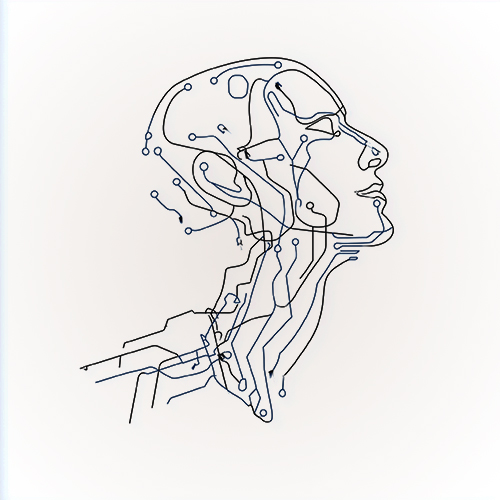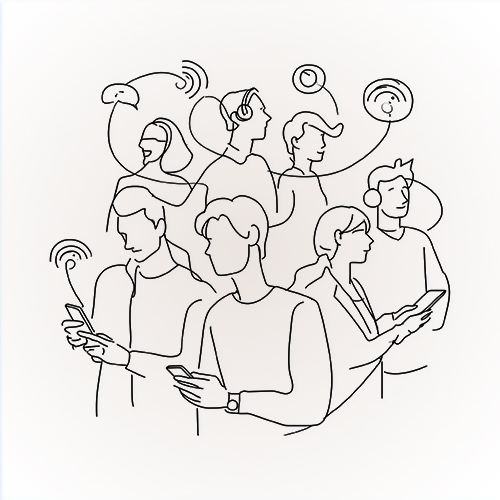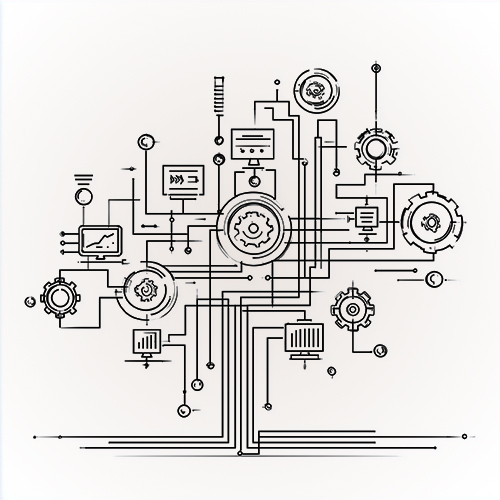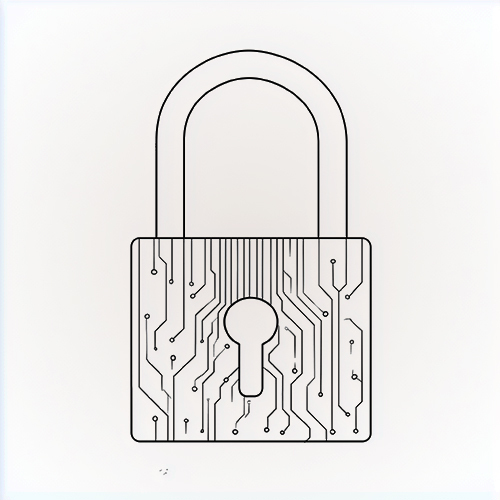Kuuntele case
Ensure resilient growth: Ukraine sets a stunning example of innovation capability in times of transition
In today's permanently unstable world, companies, organisations, and society must update their operating methods exceptionally quickly compared to before.
Read summary (AI generated, checked by a human)
- Agile innovation is at the core of resilience. Ukraine exemplifies how quickly adaptation and innovation can change the ability to act in crises. The country is effectively developing and scaling various solutions to outdo its enemy.
- Strategy must be alive and adaptable. In today's ever-changing world, strategies cannot be static. Companies must build scenario-based, flexible strategies that enable them to react quickly to unexpected situations, as the example of OP Financial Group shows.
- Responsibility and sustainability as part of resilience. Responsible operations and sustainable solutions are key to resilience in climate change and other environmental challenges. They must be included in the strategy and implemented using the latest technology throughout the organisation.
- Secure growth requires a holistic approach. Safe and resilient growth requires data, artificial intelligence, technology, and the ability to examine the operating environment strategically and proactively. Competition is increasingly shifting to the strategic level, where continuous learning and adaptation are vital.
Agile innovation plays an essential role in society's survival, as was evident from the many speeches at Digia's Unlock Your Ingelligence event on September 16, 2025.
More than 400 decision-makers from Finland's leading organisations and companies signed up for Digia's annual discussion event to exchange ideas on how to ensure safe and resilient growth.
In his opening speech at the event, Digia's CEO Timo Levoranta reminded us that the peaks of economic and political uncertainty follow each other at an ever-accelerating pace. Uncertainty has become a permanent state of affairs to which organisations and societies must adapt their actions.
"Finding a balance between agility and safety is important for everyone. How can safety be ensured so that functional capacity is maintained? There is no definitive solution to this. Different goals need different implementations," Levoranta said.

Scaling and development cycles
An extreme example of the importance of agility can be found, for instance, in Ukraine, which has been the target of Russia's war of aggression and has been defending itself against an overwhelming enemy for years, contrary to what anyone actually expected.
According to NATO Communications and Information Systems Group's Deputy Commander and Chief of Staff Jarkko Karsikas, Ukraine's success is mainly due to its ability to adapt to changing conditions and quickly develop ways to cope better than its enemy.
“Innovations are a significant part of resilience because they help you escape a constant cycle of receiving blows. Innovations change the playing field so that blows no longer hit or have an effect," Karsikas described in his speech at the event.
Ukraine is dodging attacks, for example, by scaling up quickly. At the beginning of the war, two drone manufacturing companies operated in the country. Now, hundreds of companies produce millions of drones a year. In addition to traditional air defence and reconnaissance, Ukraine also uses drones in naval warfare.
"It's a matter of adaptation. When Ukraine challenged its dominance of the Black Sea with drones, Russia began to take them down with aircraft. After that, Ukraine equipped the drones with air-to-air missiles. And when a few Russian helicopters and fighter jets had been downed, Russia no longer dared to attack," Karsikas described the cycle of adaptation and development.
The rest of Europe is now also benefiting from Ukraine's constantly developing expertise, as experts there are helping countries that have been subjected to drone interference, such as Denmark.
Innovations are significant to resilience because they help you escape a constant cycle of receiving blows.
Although there is much to learn from Ukraine, Karsikas says Finland is one of the model countries for European resilience, because we have a sustainably built, technologically prepared society. And it also opens up opportunities for new kinds of business.
"Our idea of resilience is much more mature than other countries. Therefore, this Finnish way of thinking alone would be a significant intellectual export product that should be utilised," Karsikas said.

A living strategy secures functional capacity
Times of constant change also require a new kind of strategic capability. A good strategy no longer aims at a certain point in time and goals but lives and reacts.
In his speech, Timo Ritakallio, President and CEO of OP Financial Group, said that companies' frameworks are constantly being recreated. Geopolitics has entered corporate management and will not go away in the foreseeable future.
"Business in this day and age is like a game that can't be played like an ending game – one where you know the opponent, the playing time and the available rules," Ritakallio said.
The core of living strategy work is the ability to make new strategic choices and implement them constantly. This, in turn, cannot be done without careful scenario work. For example, OP utilises three different scenarios from five perspectives: the economy, the customer, the competitive environment, technology and regulation. This allows the bank to implement a suitable action plan if something unexpected happens quickly.
Now we need a new kind of strategic capability. A good strategy no longer aims at a certain point in time and goals but lives and reacts.
One of the toughest tests of strategy in recent years has been the 2020 pandemic.
"We could move 14,000 people into remote working mode in two weeks. It was essential for success that we were already agile. It enabled the changes and the fact that we still kept the operations running well," Ritakallio recalls.
"When we started the live strategy process in 2018, we thought we might be heading into a volatile and complex world. We couldn't have predicted that it would be so colourful."

The wealth of Finnish people and companies is also processed by the Tax Administration, whose vero.fi website can be considered a very successful public digital service. One of the reasons for its success is its long-term development work, which continues all the time.
"The Tax Administration 1.0 was the queues outside the tax office, while the second was My Tax, now in use. Our goal is the Tax Administration 3.0. If companies have the information we need digitally, how can we make it available with automation so that companies do not have to report separately? In that case, seven of the current 39 different notifications submitted by companies to the Tax Administration would remain," said Markku Heikura, Director General of the Tax Administration, in his speech.

Responsibility and sustainability are part of resilience
One of the most important revolutions in the operating environment is climate change and its side effects, including extreme weather phenomena and crop damage.
In her speech, Anne Larilahti, Senior Vice President of Sustainability at Amer Sports, a company selling sportswear and equipment to consumers, reminded us that responsibility and sustainability influence long-term trends. Less resilience is needed if companies' operating methods and consumer behaviour contribute to reducing the environmental load.
Resilience and responsibility must be included in the company's strategy and implemented using the latest technologies as much as possible.

Even though business sustainability from an environmental perspective is no longer as popular as five years ago, the megatrend has not changed. Good practices should not be abandoned because the new buzzword, dual-use technology, has replaced green technology.
"Resilience and responsibility must be included in the company's strategy and implemented using the latest technologies as much as possible. They should also not be carried out in silos, but throughout the entire organisation," Larilahti said.
"The extensive change in the operating environment came up in all the speeches, and it is not in sight that it will be simplified. The importance of data, situational awareness and new technologies, such as artificial intelligence, is emphasised. As well as the importance of innovations in ensuring safe and resilient growth. Competition is moving to a strategic level, and we must be able to look to the future with sufficient open-mindedness, because this is not an end game," Digia's CEO Timo Levoranta summed up the day's discussion.
Watch the snapshots of the Digia Unlock your intelligence event:
Keep your eyes on the horizon
Technology is transforming the world faster than ever. Our newsletter Digia Horizon is your monthly guide to the latest trends, innovations, and insights on how technology is shaping smarter business.




